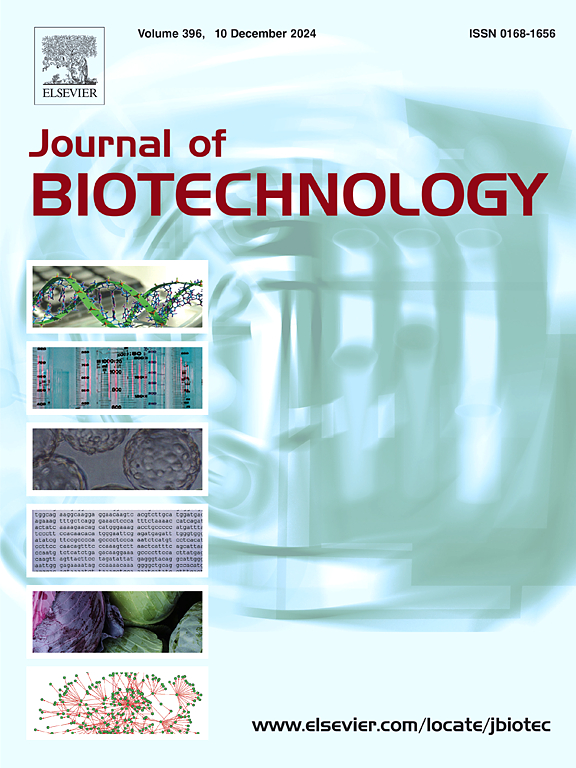A robust scale-down model development and process characterization for monoclonal antibody biomanufacturing using multivariate data analysis
IF 4.1
2区 生物学
Q2 BIOTECHNOLOGY & APPLIED MICROBIOLOGY
引用次数: 0
Abstract
Quality by Design (QbD) principles are extensively applied in biopharmaceutical manufacturing processes to ensure the consistent production of high-quality biotherapeutic products through achieving a deeper understanding of critical process parameters (CPPs), critical quality attributes (CQAs), and their interrelationships as well as establishing appropriate process control strategies. To do so, herein, we involve utilizing advanced multivariate data analysis (MVDA) in the context of scale-down model (SDM) development and validation as an ingenious approach for enhancing process efficiency and achieving greater regulatory compliance in the biomanufacturing of biologics. First, MVDA was applied to develop and evaluate several SDMs under various production conditions, including changes in scale-dependent parameters. This allowed the establishment of a practical SDM that closely approximated the process performance of manufacturing-scale batches. Furthermore, this approach enabled the identification not only of potential CPPs but also specific performance attributes such as ammonia, that had a significant impact on the CQAs. Moreover, it was deduced that the N-1 seed culture represents a critical process step influencing both quality and performance attributes in the upstream process from these approaches. This deduction was subsequently confirmed through experimental validation. Our findings offer valuable insights into streamlining the development of upstream biologics, particularly in terms of process characterization, thereby suggesting strategies for time and cost savings.
使用多变量数据分析的单克隆抗体生物制造稳健的缩小模型开发和工艺表征
设计质量(QbD)原则广泛应用于生物制药生产过程,通过对关键工艺参数(CPPs)、关键质量属性(cqa)及其相互关系的深入理解,以及建立适当的过程控制策略,确保高质量生物治疗产品的一致性生产。为此,我们将在缩小模型(SDM)开发和验证的背景下利用先进的多变量数据分析(MVDA)作为提高生物制剂生产过程效率和实现更大法规遵从性的巧妙方法。首先,应用MVDA开发和评估了不同生产条件下的几种sdm,包括规模相关参数的变化。这允许建立一个实际的SDM,非常接近生产规模批次的工艺性能。此外,这种方法不仅可以识别潜在的CPPs,还可以识别对cqa有重大影响的特定性能属性,如氨。此外,从这些方法推断,N-1种子培养是影响上游过程质量和性能属性的关键工艺步骤。这一推论随后通过实验验证得到证实。我们的研究结果为简化上游生物制剂的开发提供了有价值的见解,特别是在工艺表征方面,从而提出了节省时间和成本的策略。
本文章由计算机程序翻译,如有差异,请以英文原文为准。
求助全文
约1分钟内获得全文
求助全文
来源期刊

Journal of biotechnology
工程技术-生物工程与应用微生物
CiteScore
8.90
自引率
2.40%
发文量
190
审稿时长
45 days
期刊介绍:
The Journal of Biotechnology has an open access mirror journal, the Journal of Biotechnology: X, sharing the same aims and scope, editorial team, submission system and rigorous peer review.
The Journal provides a medium for the rapid publication of both full-length articles and short communications on novel and innovative aspects of biotechnology. The Journal will accept papers ranging from genetic or molecular biological positions to those covering biochemical, chemical or bioprocess engineering aspects as well as computer application of new software concepts, provided that in each case the material is directly relevant to biotechnological systems. Papers presenting information of a multidisciplinary nature that would not be suitable for publication in a journal devoted to a single discipline, are particularly welcome.
 求助内容:
求助内容: 应助结果提醒方式:
应助结果提醒方式:


